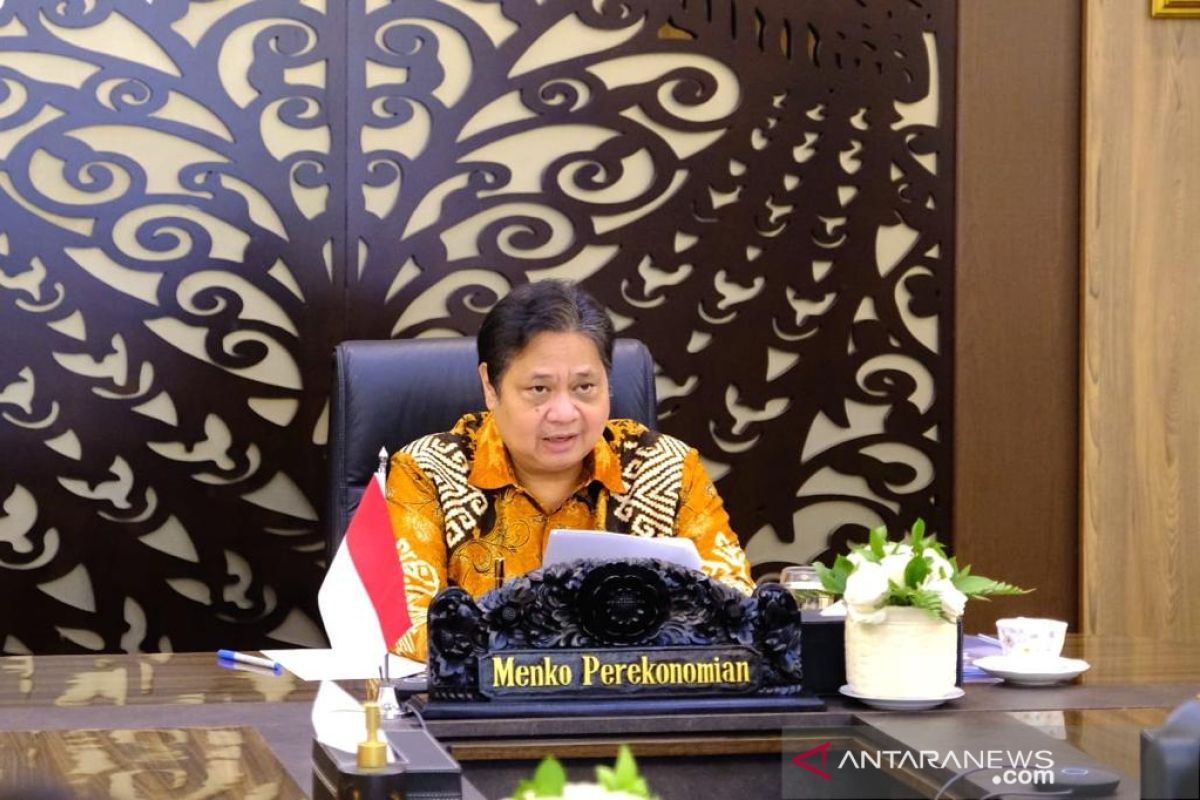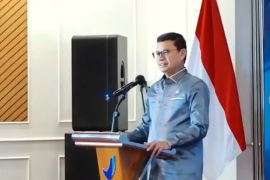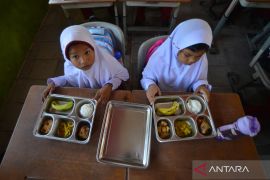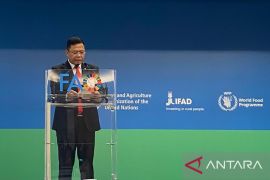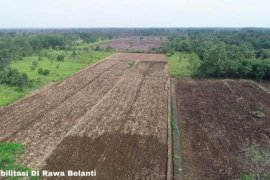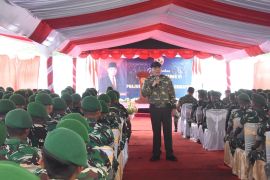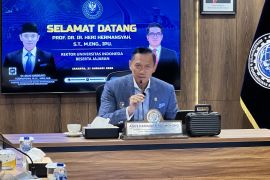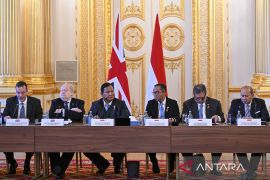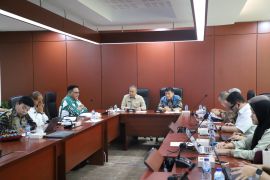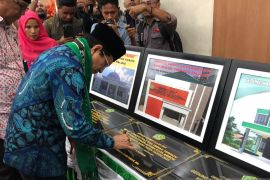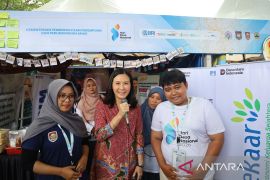"The national food system collaboratively increases the production of quality and safe food, supported by a conducive environment, stability in food access, efficiency in food distribution, and the provision of food assistance for food-insecure households," Hartarto noted in a statement here, Wednesday.
The growth of the agriculture, forestry and fisheries sectors was slightly below the national economic growth during the last six decades. However, the agriculture, forestry, and fisheries sectors have always shown resilience in times of crisis.
The agricultural sector is able to survive as a buffer for the economy.
"Sustainable agricultural development by increasing the business scale through upstream-downstream integration and involving technology within the corporate sphere becomes a prerequisite in increasing the competitiveness of agricultural commodities, both for domestic fulfillment and export orientation," Hartarto stated.
The government has issued various policies to strengthen national food security, including ease of licensing.
The government also encouraged the formation of a national food agency and state-owned enterprises (BUMN) synergy for post-harvest food distribution and financing cooperation through the micro loan KUR or the Revolving Fund Management Agency (LPDB).
The distribution of KUR in the agricultural sector has the second-largest chunk in the microcredit program of the production sector, at 30.1 percent, after the trade sector, at 44.7 percent.
To support strategic programs in the food and agriculture sectors, the government has also issued several policies, including stabilizing food prices and supply as well as developing Export-Oriented Horticultural Areas, smallholder palm oil, integrated livestock businesses, and farmer and fishermen's corporations.
Furthermore, Hartarto conveyed that global resilience amid pressures of the COVID-19 pandemic, manufacturing activity that continues to grow expansively, as well as rising commodity prices as global demand stretches had become the basis for optimism for the global economy to recover fairly well in 2021 and 2022.
The success of controlling the pandemic in the third quarter of 2021 has made the Indonesian economy to continue to grow positively by 3.51 percent (yoy). Meanwhile, economic growth in 2022, which is targeted at 5.2 percent, will depend heavily on controlling the pandemic, appropriate economic policy responses according to the dynamic developments of the situation, and the creation of significant number of jobs and readiness for transformation in the digital era.
Related news: RI, FAO reaffirm stronger partnership for sustainable food systems
Related news: Village fund to help Merauke become national food barn: minister
Related news: KKP highlights positive performance of fishery exports during pandemic
Translator: Kuntum K, Azis Kurmala
Editor: Sri Haryati
Copyright © ANTARA 2021
